Buy Dupixent (dupilumab) injection Online
From $1,287.00
Form: Injection – syringe
Strength: 300mg / 2mL
Supply: 1 pack (2 syringes each)
Dupixent is a monoclonal antibody that targets two specific proteins, interleukin-4 (IL-4) and interleukin-13 (IL-13), and has been approved for treatment of moderate-to-severe atopic dermatitis in adults and children aged six and older, as well as moderate-to-severe asthma in patients aged 12 years and above. Dupixent has been proven to significantly reduce the severity and extent of skin lesions, itching, and inflammation in atopic dermatitis patients and significantly reduce the frequency and severity of asthma exacerbations in those with asthma. Dupixent has several advantages over traditional asthma therapies and has a favorable safety profile. The medication offers a new treatment option that targets the underlying pathophysiological mechanisms of chronic inflammatory diseases, leading to better outcomes and improved quality of life.
Dupixent (dupilumab) is a groundbreaking medication that has the potential to revolutionize the treatment of several chronic inflammatory diseases. Dupixent is a monoclonal antibody that targets two specific proteins, interleukin-4 (IL-4) and interleukin-13 (IL-13). These are important cytokines that play a critical role in the pathobiology of allergic and atopic diseases.
Dupixent received FDA approval for the treatment of moderate-to-severe atopic dermatitis in adults in March 2017. It is also approved for the treatment of atopic dermatitis in children aged six and older and for the treatment of moderate-to-severe asthma in patients aged 12 years and above. Dupixent is administered as a subcutaneous injection every two weeks.
Atopic dermatitis is a chronic inflammatory skin disease that affects up to 10% of adults in the United States. It is characterized by red, itchy, and dry skin patches that often lead to intense scratching, skin bacterial infections, and skin barrier dysfunction. Atopic dermatitis is also associated with an increased risk of developing other inflammatory diseases such as asthma, allergic rhinitis, and food allergies.
Dupixent is a game-changer for patients with atopic dermatitis, especially those with moderate-to-severe disease. In clinical trials, Dupixent has been shown to significantly reduce the severity and extent of skin lesions, itching, and inflammation in atopic dermatitis patients. Dupixent also improves the quality of life of patients, reducing the need for topical steroids and other immunosuppressive agents. Moreover, Dupixent has been demonstrated to be safe and well-tolerated, with a favorable safety profile compared to other systemic therapies such as cyclosporine and methotrexate.
Dupixent is also effective in the management of moderate-to-severe asthma in patients aged 12 years and above. Asthma is a common chronic respiratory disease that affects over 330 million people worldwide. It is characterized by airway inflammation and bronchial hyperresponsiveness, leading to recurrent episodes of wheezing, coughing, shortness of breath, and chest tightness. Asthma can be triggered by various factors such as allergens, pollutants, infections, exercise, and emotions.
Dupixent works by reducing airway inflammation and improving lung function in asthma patients. In clinical trials, Dupixent has been shown to significantly reduce the frequency and severity of asthma exacerbations, improve lung function (as measured by FEV1), and improve asthma control (as measured by ACQ-5 scores). Dupixent also reduces the use of rescue medication such as short-acting beta-agonists (SABAs) and systemic corticosteroids. Moreover, Dupixent has been shown to reduce the incidence of severe asthma attacks that require emergency room visits or hospitalization.
Dupixent has several advantages over traditional asthma therapies such as inhaled corticosteroids (ICS), long-acting beta-agonists (LABAs), leukotriene modifiers, and immunomodulators. Dupixent has a more targeted mechanism of action, focusing on the underlying cause of asthma rather than just the symptoms. Dupixent also has a faster onset of action, with significant improvement in lung function observed within two weeks of the first dose. Furthermore, Dupixent has a favorable safety profile, with no significant increase in adverse events compared to placebo.
Dupixent is a significant advancement in the treatment of chronic inflammatory diseases such as atopic dermatitis and asthma. It provides patients with a new treatment option that targets the underlying pathophysiological mechanisms of these diseases, leading to better outcomes and improved quality of life. Dupixent has the potential to impact the lives of millions of patients worldwide who suffer from these debilitating and chronic diseases.
| Package | 2 x Single-dose pre-filled syringe of 200 mg/1.14mL, 6 x Single-dose pre-filled syringe of 200 mg/1.14mL, 2 x Single-dose pre-filled syringe of 300 mg/2mL, 6 x Single-dose pre-filled pen of 300 mg/2 ml |
|---|
Be the first to review “Buy Dupixent (dupilumab) injection Online” Cancel reply
Related products
Inflammatory Disease
Inflammatory Disease
Inflammatory Disease
Inflammatory Disease
Inflammatory Disease
Inflammatory Disease
Inflammatory Disease


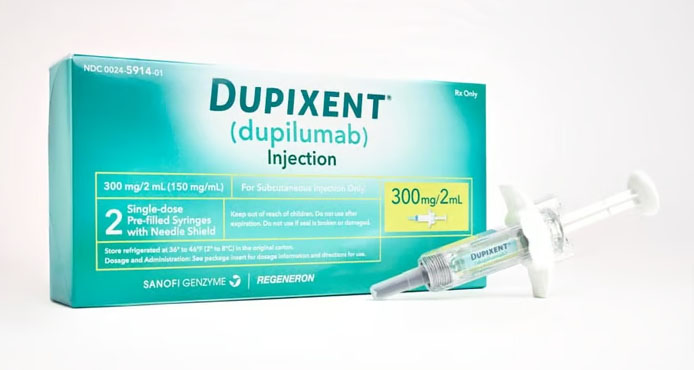
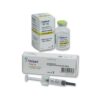
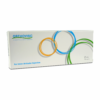
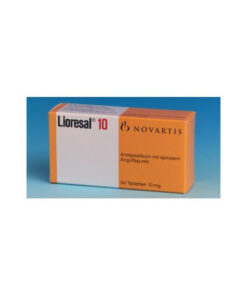
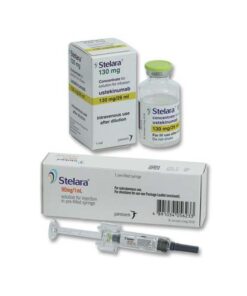
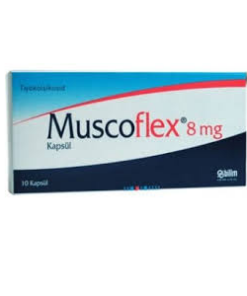
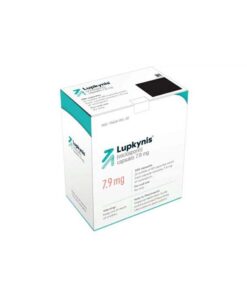
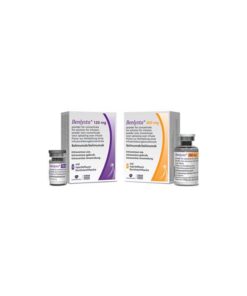
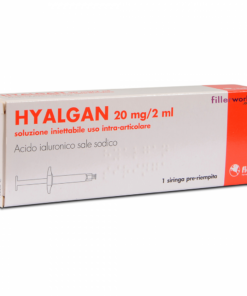
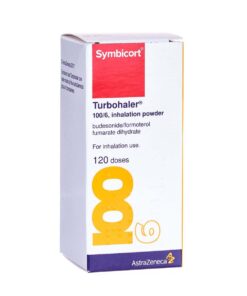
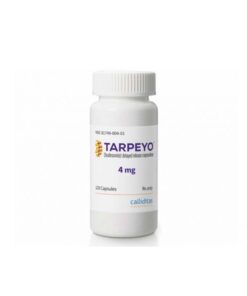
Reviews
There are no reviews yet.